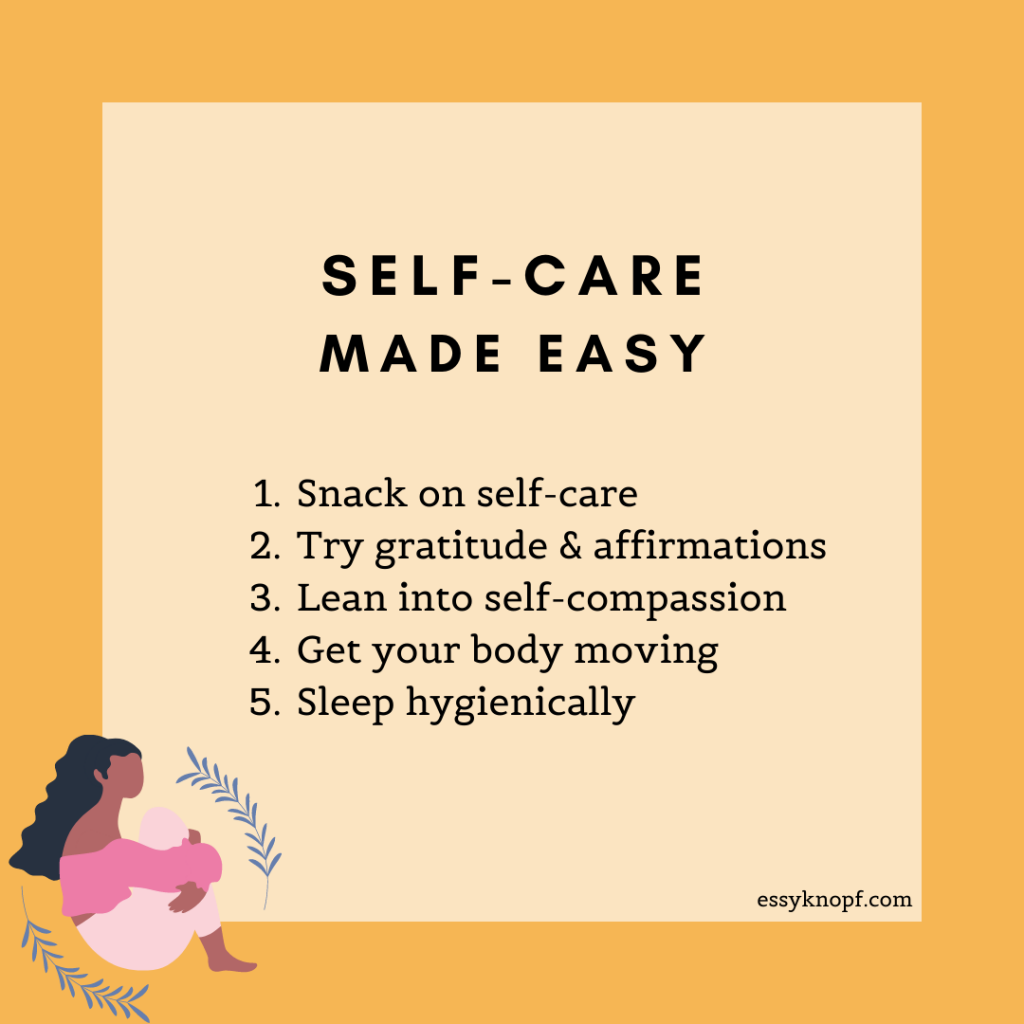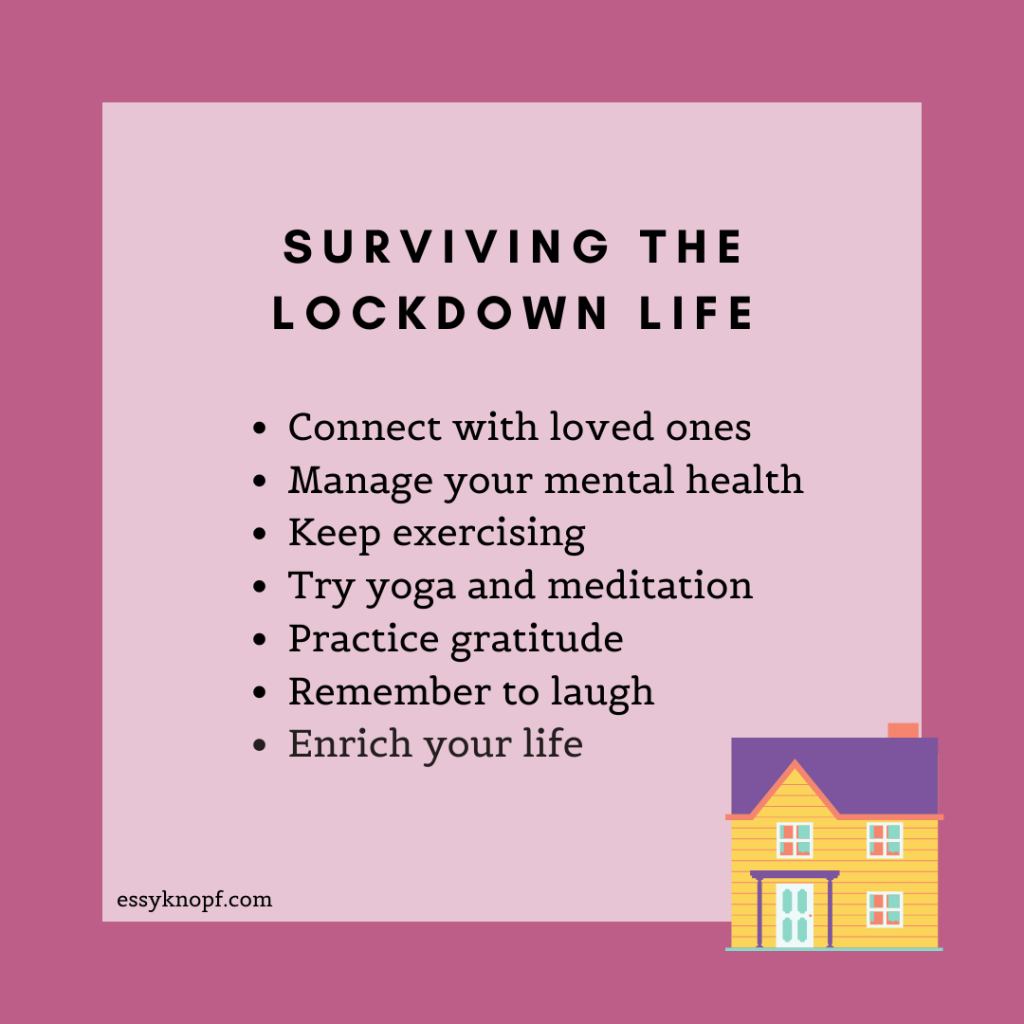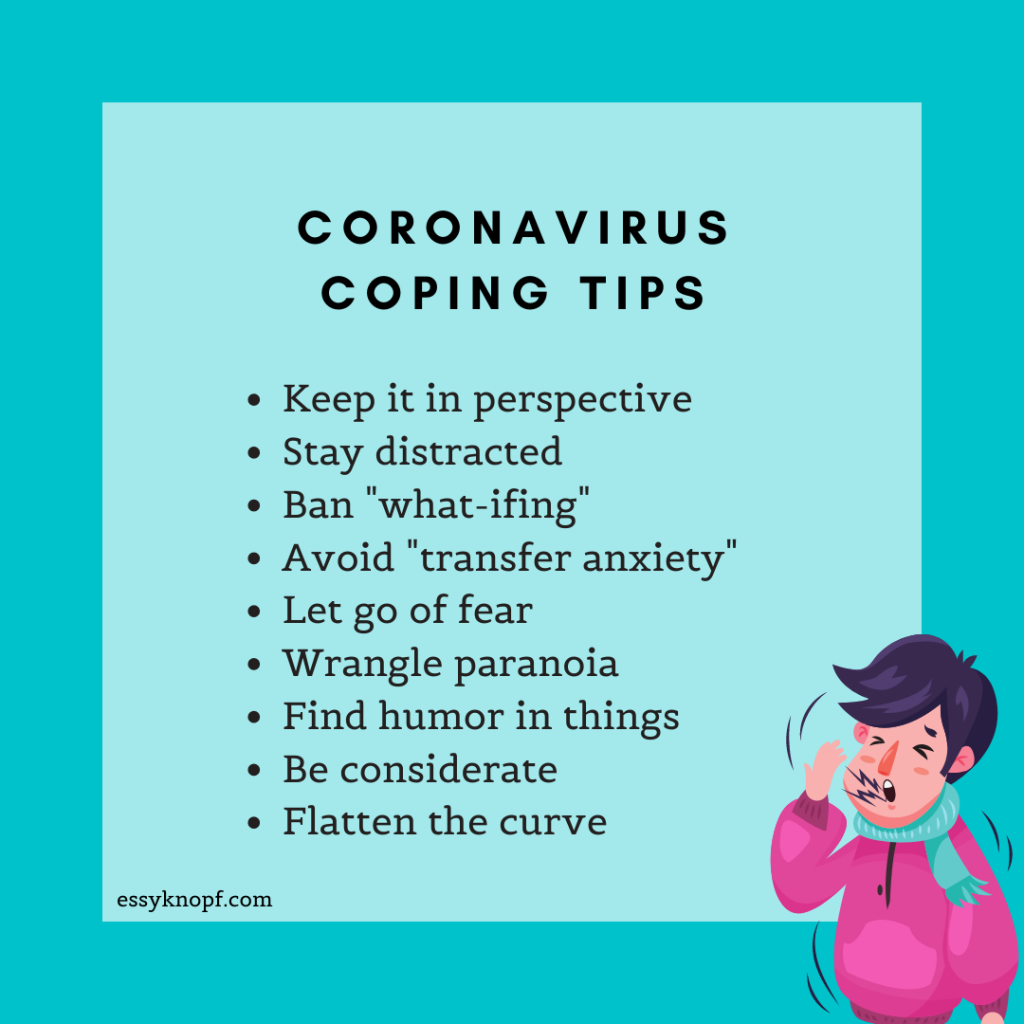When self-care feels impossible as a social worker, try these five easy tricks
Working in a demanding profession like social work, I’m often reminded that self-care is a commitment many of us struggle to make.
Certainly, there may be factors that interfere with our ability to perform this vital activity. We may for example experience a time crunch at work and miss a lunch break in order to help a client in crisis.
When such a situation becomes routine, we should be worried. Many however refuse to take action, claiming they simply don’t have control over the circumstances.
Addressing self-care, however, is less about external circumstances than it is about certain problematic beliefs we hold to be true.
Common mental barriers to self-care
Chronic overwork usually happens because we permit it to.
For example, boundary issues may convince us we are obligated—if not morally bound—to take on more than our own share.
This can stem from low self-esteem or distorted self-perception, which are in turn fed by negative self-talk.
If given too much latitude, our internal critics will demand we constantly prove our self-worth, leading to workaholism, perfectionism, and other forms of grandiosity.
This is not a sustainable way of life. We can’t ignore our feelings of overwhelm and exhaustion forever. But in the absence of self-compassion, we will likely dismiss self-care as “unnecessary”, “wasteful”, and “selfish”.
Another contributor to overwork is time anxiety, a phenomenon by which we come to believe there is simply never enough time in which to complete all of our assigned tasks.
Like other forms of anxiety, time anxiety follows a simple premise:
if you do or fail to do X, Y catastrophe will happen
If you’re struggling to overcome one or more of these obstacles, or if the suggestions in my previous guide to self-care as a social worker didn’t quite hit the spot, I would suggest the following approaches.
1. Snack on self-care
Incorporate brief, “snack-sized” activities into your daily routine. For example:
- Watch a humorous segment from a late-night talk show host on YouTube while eating breakfast
- Check your favorite news website during work breaks
- Watch a fun TV show while cooking dinner
- Listen to an enriching podcast while cleaning or exercising
- Do school readings while enjoying a hot bath
- Practice a grounding exercise during moments of peak stress. For example: box breathing, belly breathing, or body scans
While multitasking has been linked to higher levels of stress and fatigue, self-care snacking in this fashion is a start…and thus progress.
2. Try gratitude & affirmations
Studies have found that practicing gratitude can significantly boost our mental health.
One common example is gratitude journaling. This involves writing down five things you’re grateful for each day.
Alternatively, you can share this list with a designated “accountability partner” either daily or weekly, in-person, or over the phone.
Another fun way to practice gratitude is with a freewriting gratitude exercise. Set a timer for five minutes, suspend your critical thinking, and start writing down anything and everything you could be grateful for.
When the timer ends, set down your pen and review your work. Does what you write check out? Are you surprised by the number of things you were able to list?
Another proven way to nip stress in the bud is by practicing affirmations. Consider opening or closing your day with an affirmation that emphasizes a positive aspect of your life or celebrates your strengths or achievements.
Here are some examples of affirmations you can use as part of a daily practice.
Thankfully, practicing gratitude nor affirmations are not time-intensive activities and can be performed during natural lulls that occur throughout the day.

3. Lean into self-compassion
Self-compassion refers to the willingness and ability to comfort oneself in moments of distress. This is a vital skill we typically learn by internalizing the soothing offered to us as children by our primary caregivers.
When our attachment to these caregivers is disrupted, however, through misattunement, invalidation, neglect, abuse, loss, and trauma, we may develop insecure attachment styles.
This impedes future relationships and deprives us of the chance to learn self-compassion, which can bolster personal resiliency.
Thankfully, self-compassion can always be developed through practice. To get started, check out some of the brief guided meditations, videos, and exercises available on Self-Compassion author Kristin Neff’s website.
Again, these activities can be done almost anywhere and don’t require a lot of time.
4. Get your body moving
Exercise may maintain our general health—but it can also help protect us against anxiety and depression.
As someone who has suffered chronic anxiety, I have found daily exercise goes a long way to helping me manage this condition.
While I don’t always achieve the 30 minutes of moderate activity daily recommended by scientists, I do make sure to take 20-minute walks around the neighborhood at the very least.
Slower exercise should ideally be supplemented by higher-intensity workouts. For instance, I try to cycle for an hour one day, hike for a few hours on another, and do an hour of weights and jogging on a third.
If your mind tells you that taking time out to exercise will eat into your productivity, consider listening to a podcast or audiobook at the same time.
Should venturing outdoors or going to the gym demand too much from your schedule, try exercising from home with free-to-view YouTube aerobics classes.
5. Sleep hygienically
How is sleep a self-care activity? Usually, when we are consumed by work, we may not get our seven-hour minimum.
If our sleep is too short or the quality of it is poor, we may quickly find ourselves running on empty.
Practicing sleep hygiene is how we create the ideal conditions for sleeping. Some examples of good sleep hygiene are:
- Going to bed and getting up at a regular time
- Ensuring our bedrooms are quiet, dark, relaxing, and comfortable
- Using our bedroom exclusively for sleeping
- Removing electronic devices from our sleeping spaces
- Employing blue light-free bulbs and the wellness feature on our Apple or Android devices (sometimes referred to as “night light”)
- Avoiding large meals, caffeine, and alcohol before rest
Wrap up
Whatever your career choice, overwork is a possibility that can always sneak up unexpectedly.
Boundary issues, fierce internal critics, and time anxiety are just a few forms of mental resistance that can leave us especially vulnerable in this regard.
Danger arises when this resistance persuades us that the rightful place of self-care is on the chopping block.
Over time, such beliefs can become hard to shake. But by making some of the adjustments proposed above, you can take small steps towards becoming a personal wellbeing champion.
FREE PDF GUIDES FOR SOCIAL WORKERS
You can read more social work-related posts here.

Essy Knopf is a therapist who likes to explore what it means to be neurodivergent and queer. Subscribe to get all new posts sent directly to your inbox.





